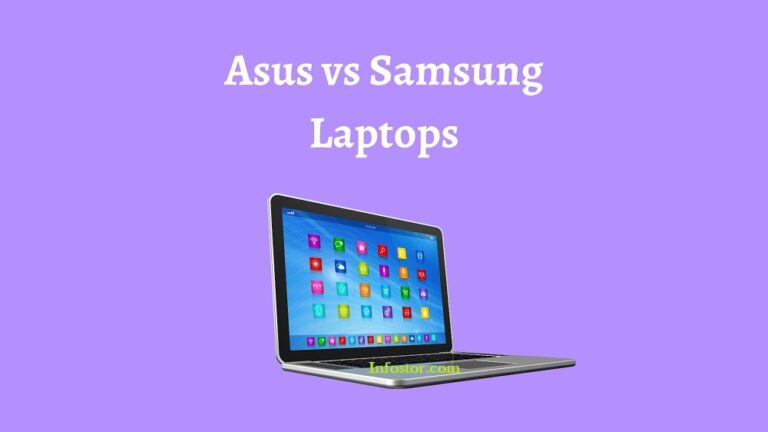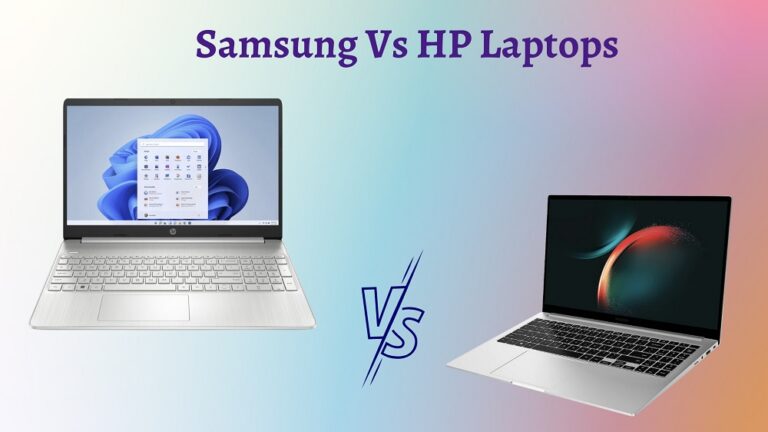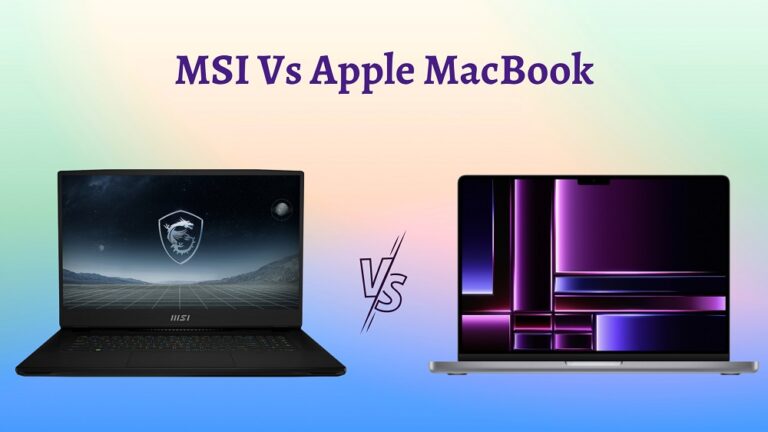What Is A Good Processor Speed For A Laptop? Know Everything !
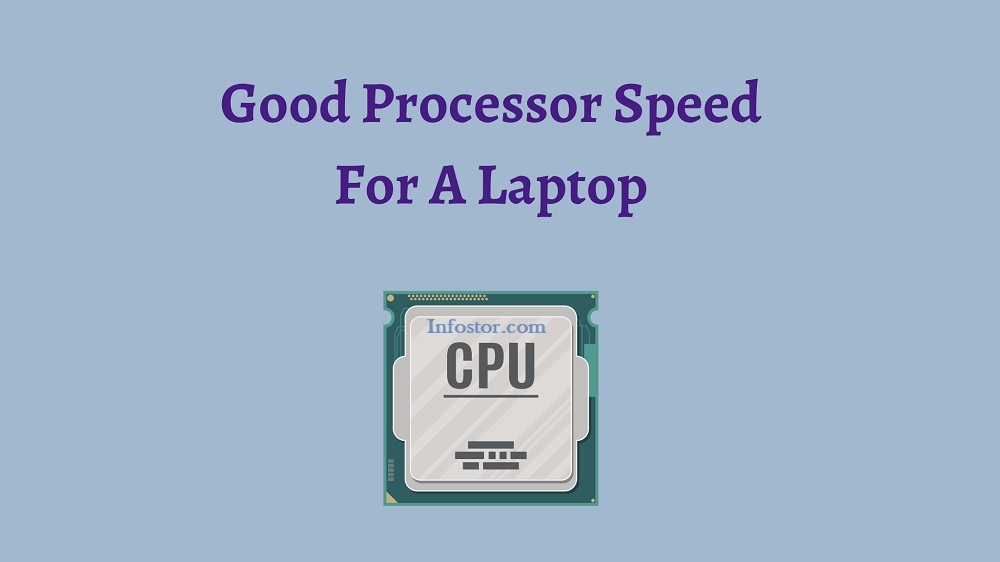
Looking for a laptop with good processor speed? Wary of system lags? Browse our article to learn more about processors.
The processor, commonly known as the Central Processing Unit (CPU), is the brain of a PC/desktop/laptop. It comprises the necessary circuitry to take inputs from you, process them, and generate outputs. Your computing experience depends on the processing power of the CPU and the speed at which it executes your commands to produce the desired outcomes.
Different tasks require different processing speeds. Thus, a laptop that processes daily tasks at an incredibly faster speed may not be ideal for running video games, as gaming is a CPU-intensive activity. The overall speed of your laptop is determined by two components of the CPU – processor cores and clock speed. The higher the clock speed and the number of cores, the higher the processor speed.
Continue reading for deeper insights into Laptop processor components and required CPU speeds for various tasks.
What Is The Purpose Of A Processor?
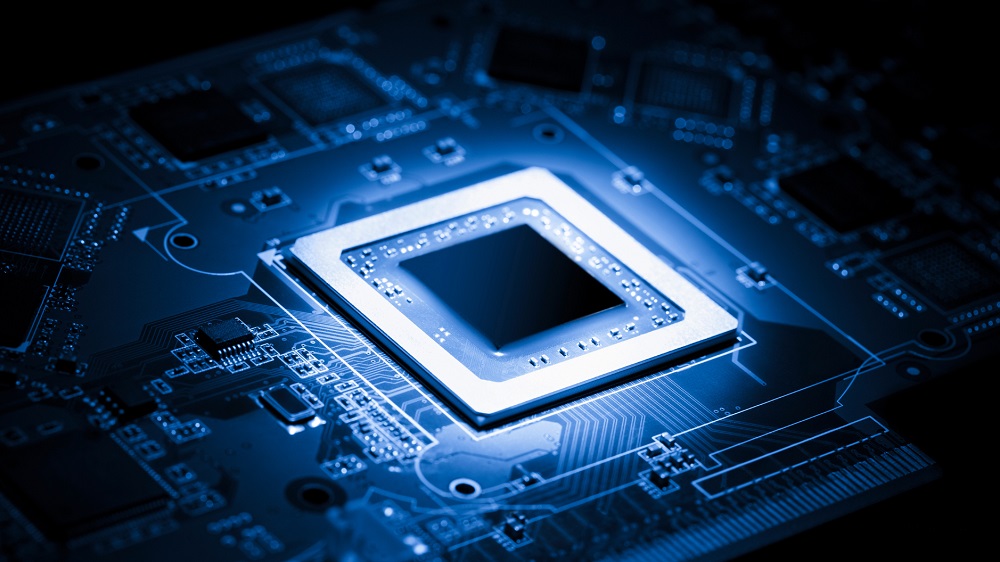
Also called the CPU, the processor is a piece of hardware that delivers specific instructions and allows the laptop/PC to execute various tasks that the user requests. A powerful processor will allow you to interact quickly with different programs/applications without any delays or lagging issues.
Moreover, Processor cores, plus the clock speeds, will decide how much and at what speed the information/command is carried out on your system. The pace at which the cores and RAM work, along with the clock speed, is called the processing speed. By having a strong processor, the users can allow the device to think as well as work faster.
Processor Speed: What Is It?
Measured in MHz (megahertz) or GHz (gigahertz), the Processor speed is the number of instructions a computer executes every second. Consequently, a computer with a high processor speed will be able to complete more tasks when comparing it to a computer having a slow processor. Moreover, a fast Processor speed even enables you to run different applications/programs on your computer simultaneously without any lag. That is why it is vital to know what is a good processor speed for a Laptop.
The Processor speed of a computer can be influenced by different factors such as the cache size, circuit size, RAM, and more. Smaller Processor chips usually enable a high-speed performance because the data takes a lesser distance to transfer. However, small chips also can lead to extra heat generation.
Good Laptop Processor Speed For Casual Tasks
For daily basic tasks as well as light office work, a Processor with a speed of about 2.3 GHz will be suitable for the user. Moreover, a system with over 2.0GHz clock speed is capable enough to handle everyday work such as browsing the internet, playing music, browser-based games, or managing emails.
Nowadays, most laptops made for completing casual tasks come equipped with dual-core processors (two cores). The higher number of cores will allow the user to multitask as well as decrease the time to wait for an application/program/software to open, load, or update. Consequently, a dual-core processor with more than 2.0GHz clock speed will be reliable enough to help execute casual work on the laptops.
Good Laptop Processor Speed For Daily Work
The Processor Speed you need is based on the kind of work the users perform on their Laptops. Basic plus easy laptop work will not demand a ton of Processor Speed, but having a clock speed of above 2.3 GHz is ideal. This will allow you to execute everyday tasks such as using Microsoft office or transferring files a lot quicker, plus ensure reliable performance.
Apart from the popular dual-core processors that most laptops have, you can also try to buy quad-core processors that will help enhance the overall processing abilities of the laptop.
Good Laptop Processor Speed For Gaming

For gaming, a Processor speed of about 3.5 GHz to 4.0 GHz, along with single-thread performance, is regarded as a fine clock speed. Moreover, heavy CPU-intensive games even require multi-core technology to enhance the graphics and sound, plus promote a hyper-realistic experience.
Apart from keyboard gaming, AR and VR games also need more than quad-core laptops to have the best immersive experience. Therefore, buying a Laptop with 6 cores and a high Processor speed is ideal for gaming.
Furthermore, a Laptop with a high Processor speed and 6 cores will allow you to stream without lag, edit 4k videos fast and simultaneously execute any other task while gaming.
Also, Read Lenovo Laptops With AMD & Intel Processors
Good Laptop Processor Speed For High-Functioning Work
High-functioning work such as Animation, 4k video rendering, or video editing on a laptop can be done with a low-spec device but will take a ton of time and might hang in the middle of the work. Generally, a quad-core PC/Laptop that works at 2Ghz plus clock speed is the bare minimum. But for the best performance, a 6, 8, or 12-core Processor with 3.7GHz Base Clock plus 4.8GHz Turbo Clock will offer the best output.
Different Things To Check In A Processor Other Than Its Speed
Apart from knowing what is a good processor speed for a Laptop, there are things such as:
Number Of Cores
Generally, a processor with an extra core will lead to a slow clock speed, whereas processors with less core will have a high clock speed. Therefore, when thinking about the processing power of the device, there has to be a balance between the clock speed, along with the number of cores. For daily tasks, a dual-core processor will suffice, whereas, for gaming, a quad-core device will be better than an eight-core PC because not all games are optimized to utilize more than 4 cores. On the other hand, video editing or VFX designing can take advantage of extra cores in your system and offer high-speed processing power.
Cache Size
The Cache size is the processor memory size and impacts the performance of the overall output. A bigger cache size will promote a much faster processing power. Also, the Cache has an L1 ( Level 1) to L3 (Level 3) grade in which L1 is generally a part of the chip and L2 plus L3 are extra caches.
Threads
You might see information like “six cores and twelve threads” when buying a device. The “Threads’ ‘ are the number of commands the CPU can perform at a time. Nowadays, most processors come with a Hyperthreading feature that allows the processor to utilize unused core performance.
Finally, Know What Is A Good Processor Speed For A Laptop?
Overall, the right Processor Speed for your Laptop is based on your everyday needs. If you just want it for normal office work, then a Processor with 2.3 GHz will suffice. On the other hand, high-quality gaming, as well as complex tasks such as animation, 4k video rendering, or VFX, will demand powerful processors with a 3.7GHz base, along with a Turbo clock feature.
Nextdaypc.com(c).

